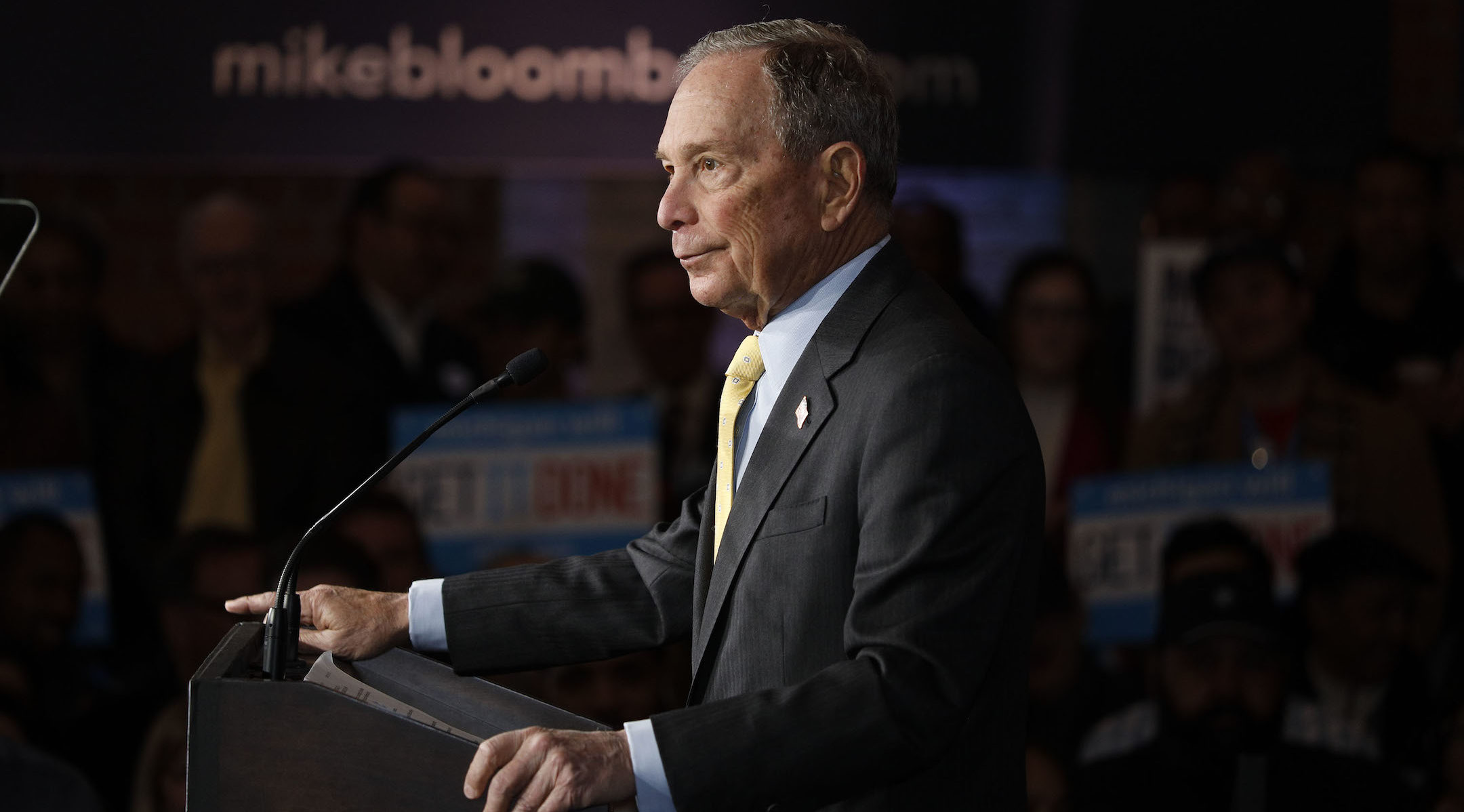
Mike Bloomberg is not a radical. However, he is running the most radically Jewish campaign in U.S. history.
In January, Bloomberg spoke at a prominent synagogue in Miami at a podium adorned with “United for Mike.” The “i” in his name was embellished with a Star of David. His campaign distributes identical posters at secular events as well as signs that read “Mishpucha for Mike.” The term is Yiddish for “family,” but more specifically, “family” in the Jewish sense.
Bloomberg stated he will not make Jewish Americans choose between Israel and their liberal values, and after the speech, he treated the audience to black-and-white cookies and rugelach.
Being Jewish, both culturally and politically, is bold — and Bloomberg knows it.
The former mayor of New York City has said that being Jewish is a political hindrance. In 2008, Bloomberg stated he would not campaign for the presidency because a “short, Jewish, divorced billionaire” could not win. However, Bloomberg has never minimized his Judaism for political palatability. Campaigning for mayor of New York City in 2005, he wore a kippah in front of balloons that read “Mike the Mensch.”
Whether or not you agree with that claim, Bloomberg’s current Jewish pride is groundbreaking. According to the American Jewish Committee, one-third of Jews avoid publicly identifying as Jewish out of fear for their safety. Meanwhile, Bloomberg is handing out oneg treats during the most public time of his life.
In an age of kosher-supermarket shootings and synagogue stabbings, celebrating Jewish culture is true courage.
Noting that Bloomberg has centered on his Jewish heritage is not questioning the Jewishness of any other presidential candidate. Sen. Bernie Sanders (I-Vt.) is vocally Jewish — but that’s a new phenomenon. Much to the ire of some Jewish voters, Sanders repeatedly said his parents were Polish immigrants, rather than Jewish ones — a distinction that bears significance given that Polish Jews were never recognized as Poles.
In his first presidential campaign, Sanders didn’t bring up his Jewishness. After anti-Semitic violence in Poway, Pittsburgh and Jersey City, N.J., anti-Semitism is topical. Still, when Sanders mentions his identity, it’s frequently to advocate for other marginalized groups rather than fellow Jews, or defend figures who have demonstrated anti-Semitism, such as activist Linda Sarsour, Reps. Rashida Tlaib (D-Mich.) and Ilhan Omar (D-Minn.).
In an age of kosher-supermarket shootings and synagogue stabbings, celebrating Jewish culture is true courage. What makes Bloomberg’s campaign so empoweringly Jewish is not the Yiddish, but capturing the Jewish policy perspective.
“The toxic culture the president has created is harming our relationship with Israel,” Bloomberg said in Miami. “If I am elected, you will never have to choose between supporting Israel and supporting our values here at home.”
The majority of American Jews despise President Donald Trump and support Israel. According to an August 2019 Gallup poll, 68% of Jews are Democrats or left-leaning Independents, and 69% disapprove of Trump’s performance. Meanwhile, 95% remain pro-Israel. The majority of us (76%) feel an emotional attachment to the Jewish state, with almost half of us expressing that caring about Israel is “an essential part of being Jewish.”
For years, there has been an agonizing discussion over the place of Jews in politics. Far too many of us feel that to be accepted in our left-leaning ideologies, we must completely check our Zionism — for many, a vital element of being Jewish — at the door.
Bloomberg has watched us struggle at the welcome mat; he’s ensuring we still have a political home.
Ariel Sobel is a screenwriter, filmmaker and activist.
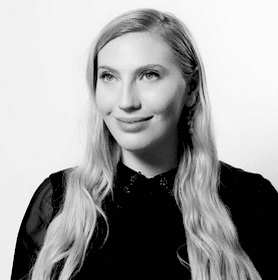











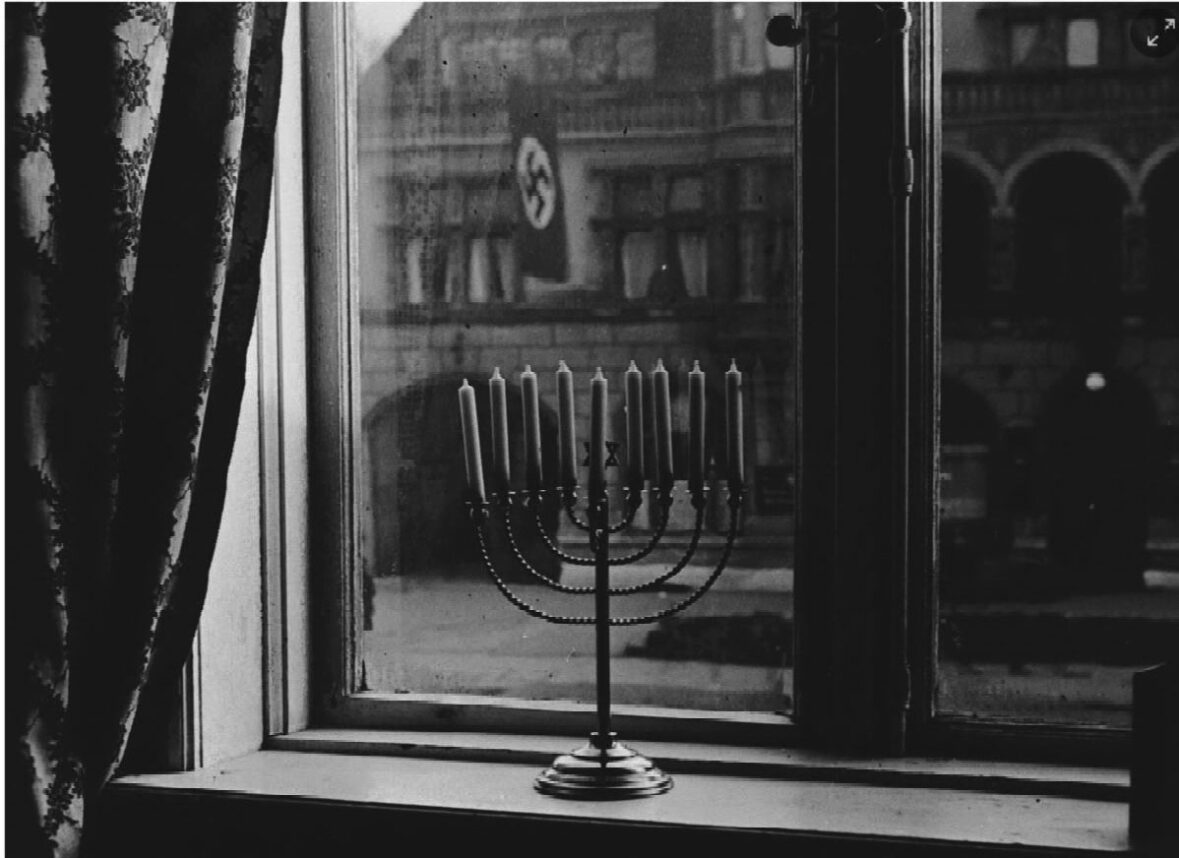

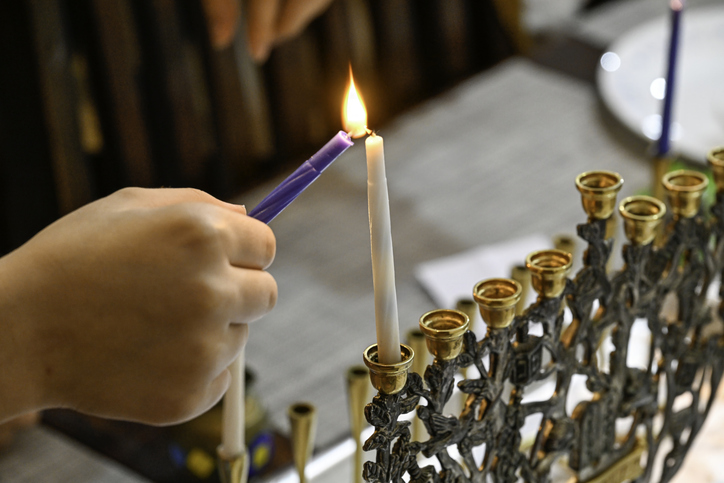

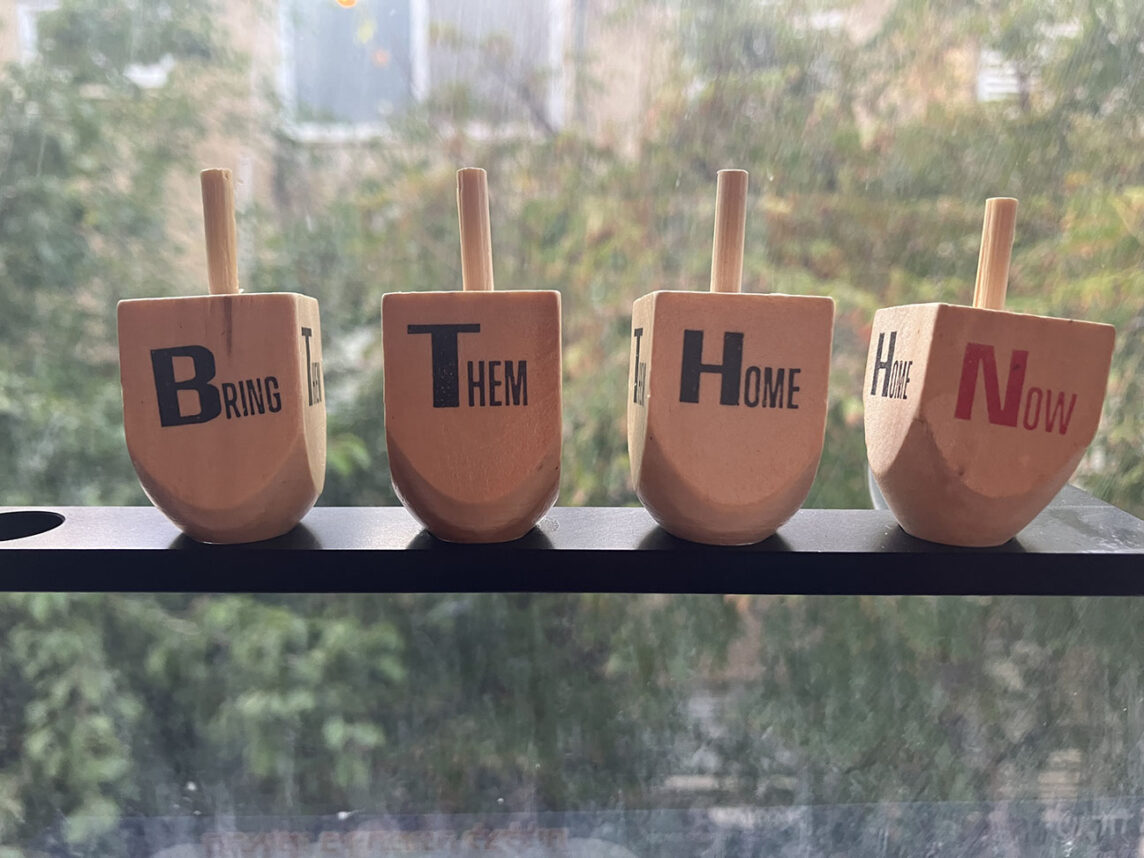





 More news and opinions than at a Shabbat dinner, right in your inbox.
More news and opinions than at a Shabbat dinner, right in your inbox.